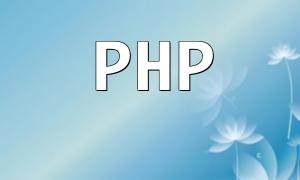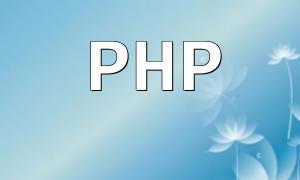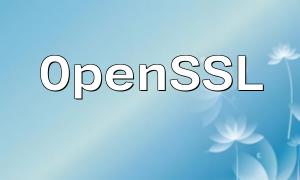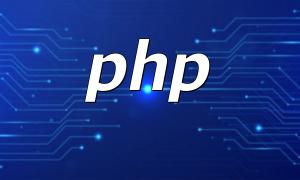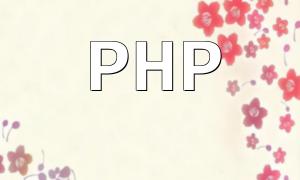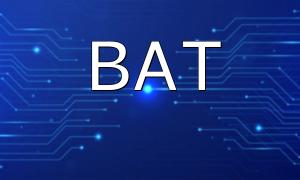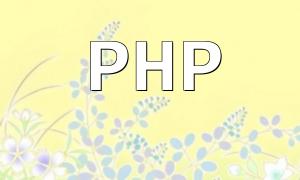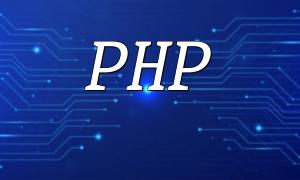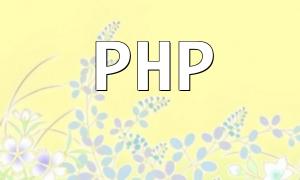Adhering to PHP coding standards significantly improves code readability, maintainability, scalability, and reusability. Consistent coding standards also facilitate efficient collaboration among team members and reduce confusion caused by inconsistent styles.
Common PHP coding standards include:
PSR-1: Basic Coding Standard
PSR-2: Coding Style Guide
PSR-4: Autoloading Standard
PSR-7: HTTP Message Interface
PSR-11: Dependency Injection Container
PSR-1 defines the following:
Files must use only <?php and tags.
File encoding must be UTF-8 without BOM.
Namespaces and use statements must comply with PSR-4.
Class names use CamelCase with uppercase first letters.
Constants are uppercase with underscores between words.
Method names use camelCase with a lowercase first letter and uppercase subsequent words.
// Example: Code compliant with PSR-1
<?php
namespace Vendor\Model;
use Vendor\Package;
class Foo {
const VERSION = '1.0';
const DATE_APPROVED = '2012-06-01';
protected $myVar;
public function myMethod($arg1, $arg2 = null) {
if ($arg1 === $arg2) {
return true;
}
return false;
}
}
PSR-2 provides detailed formatting rules:
Indent code using 4 spaces, no tabs allowed.
Limit lines to 80 characters or less.
Insert one blank line after namespace and use declarations.
Opening brace of a class must be on the same line as the class name, closing brace must be on its own line.
Property and variable names use camelCase starting lowercase.
Method names use camelCase starting uppercase.
Control structure keywords require a space after them; method calls must not have spaces.
// Example: Code compliant with PSR-2
<?php
namespace Vendor\Model;
use Vendor\Package;
class Foo {
const VERSION = '1.0';
const DATE_APPROVED = '2012-06-01';
protected $myVar;
public function myMethod($arg1, $arg2 = null) {
if ($arg1 === $arg2) {
return true;
}
return false;
}
}
Following coding standards is more than understanding rules; it's about applying them consistently in development. Below are effective ways to ensure standards are enforced:
Teams should adopt unified coding styles, and all members should adhere strictly to avoid messy code and maintenance difficulties. New members should first familiarize themselves with the team’s coding standards.
Good documentation is crucial for code quality. Using standard comment formats like phpdoc helps developers quickly understand logic and eases future maintenance.
Code reviews allow team members to inspect each other’s code, identify potential issues, and ensure compliance with standards, enhancing overall code quality.
Automated tests verify code correctness and stability. Using testing frameworks such as PHPUnit for comprehensive testing is essential to maintain high-quality code.
Following PHP coding standards improves readability, maintainability, and team collaboration. By maintaining style consistency, writing thorough documentation, performing code reviews, and applying automated testing, developers can produce higher-quality, more robust PHP code.

